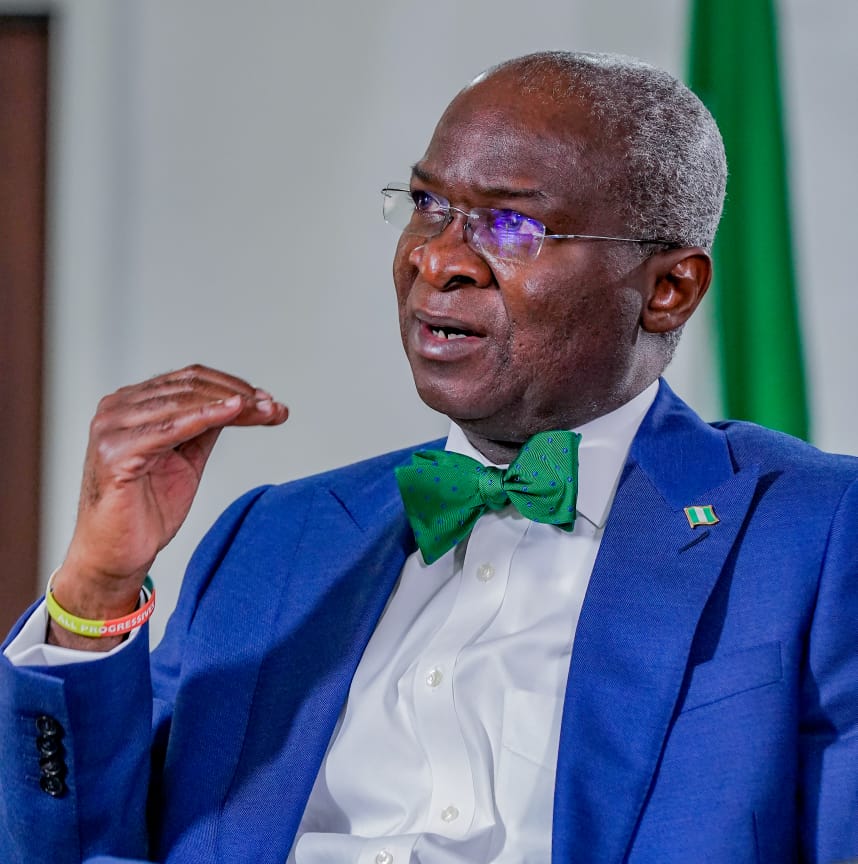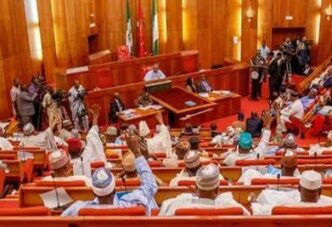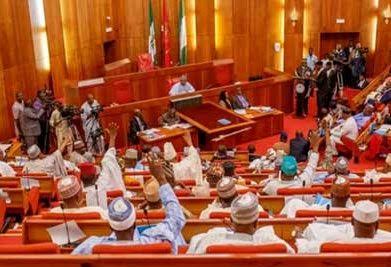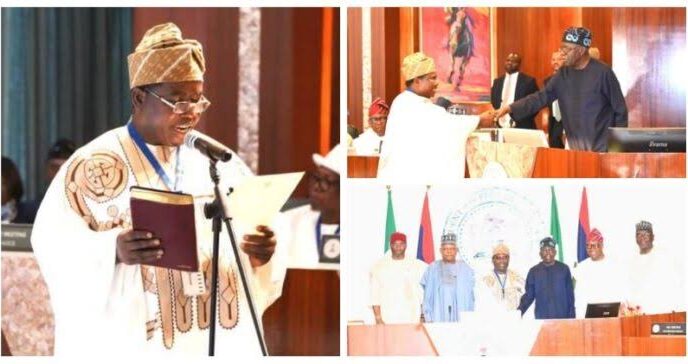The Senate has begun deliberations on a proposal to raise the minimum wage and improve welfare conditions for members of the Nigerian Armed Forces and other security agencies, amid growing economic hardship and morale concerns within the ranks.
Gatekeepers News reports that the motion, titled “Urgent Need to Increase the Minimum Wage and Improve Conditions of Service for Members of the Nigerian Armed Forces and Other Security Agencies,” was sponsored by Senator Mohammed Ali Ndume (Borno South) and is scheduled for debate on Wednesday.
Ndume, a former Senate Leader, described the current remuneration of military personnel as “grossly inadequate,” saying it falls far below that of their counterparts in other African countries, despite heavier operational demands and deployment frequencies.
Quoting Section 217(2) of the 1999 Constitution (as amended), Ndume stressed that the Armed Forces, constitutionally tasked with defending the nation and maintaining law and order, deserve pay that reflects “the magnitude of their sacrifices” and the extreme conditions under which they serve.
He noted that existing salary structures such as the Consolidated Armed Forces Salary Structure (CONAFSS) and related allowances have become obsolete in the face of rising inflation and increased living costs, leaving many personnel struggling to afford basic needs.
“Many junior and mid-level personnel now face severe financial hardship, with salaries that can no longer meet basic needs such as food, accommodation, schooling, and transportation,” Ndume stated.
According to the motion, the current minimum monthly wage for junior Armed Forces personnel is between ₦50,000 and ₦60,000, compared to higher figures across Africa — including ₦180,000 in Ghana, ₦250,000 in South Africa, ₦230,000–₦280,000 in Egypt, and ₦200,000 in Kenya.
Ndume warned that the wide disparity undermines morale, retention, and discipline, and could expose personnel to “economic vulnerability, corruption risks, and mental stress.”
“It is both constitutionally permissible and morally justifiable that Nigeria adopts a special salary structure for the Armed Forces,” he argued, citing examples from the United States, United Kingdom, and India, where military pay is benchmarked above national minimum wage levels.
The motion calls on the Federal Government, through the Ministries of Defence, Finance, Budget and National Planning, and the National Salaries, Incomes and Wages Commission, to review and significantly increase the minimum wage and overall salary structure of the Armed Forces in line with prevailing economic realities.
Ndume also urged the Senate to direct its Committees on Defence, Army, Navy, and Air Force to collaborate with relevant agencies to establish realistic remuneration benchmarks based on international standards.
He further proposed that the Revenue Mobilisation Allocation and Fiscal Commission (RMAFC) and the National Assembly Appropriations Committee make budgetary provisions for enhanced defence personnel costs in the 2026 Appropriation Bill, and that the government institute periodic wage reviews every three years.
The lawmaker maintained that improved welfare for security personnel would boost professionalism, operational readiness, and national security.
“The continued neglect of the welfare of our security forces could have dire implications for morale and national stability,” Ndume warned, urging the Tinubu administration to “accord the Nigerian Armed Forces the dignity and reward they deserve.”











